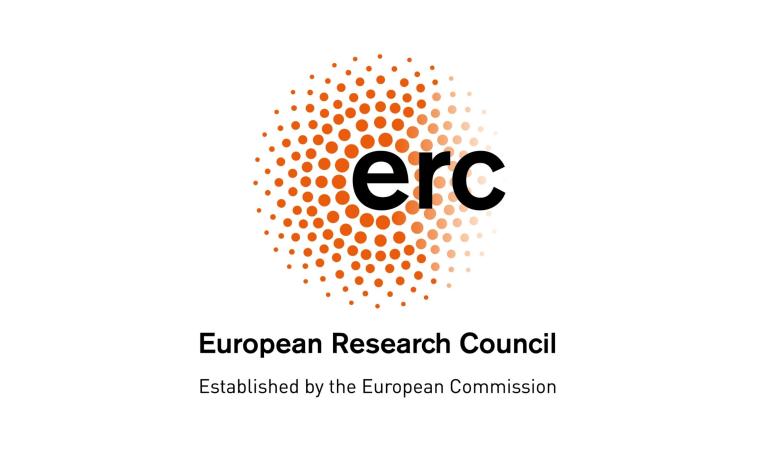ERC Scientific Council dismayed by European Council President’s budget proposal

Statement by the ERC Scientific Council on the Next Long-term EU Budget
The Scientific Council of the ERC has, like other members of the scientific community, watched with dismay as the ambitions for Horizon Europe have shrunk. From a budget of “at least €120bn” in the Lamy Report of 2017 (1), to €94bn in the proposal of the European Commission of 2018, to €86bn in the latest "negotiating box" of the President of the European Council. If agreed, this figure would mean that, in real terms, there would be no increase to the core research and innovation budget of the EU for the first time ever (2).
We cannot imagine that Europe’s leaders can agree to this, while at the same time relying on the dedication and skills of Europe’s researchers to fight the ongoing global pandemic, and be ready to address unexpected future challenges. Even more surprisingly, this is happening at a turning point, when Europe is looking to make fundamental green and digital transitions to our societies.
We understand that there could be additional frontloaded funding for certain targeted areas through the Recovery Instrument. But we know how vital it is to provide support for research and innovation in a balanced way. Focusing too much on short-term results will put the future seeds of innovation at risk and will not offer the proper perspectives for the next generation of researchers. Many of the key technologies that can kick-start the European economy and boost the green and digital transitions are the result of public funding for long-term research. The fact that so many treatments and potential vaccines for Covid-19 are now being developed at record speed around the world is testament to the groundwork that had already been carried out over many years driven by curiosity and the desire to understand.
Ensuring a proper balance between fundamental research, driven by investigator-led excellence, and more focused, mission-oriented research is therefore critical. In particular, the European Research Council has given Europe a worldwide reputation for supporting ambitious researchers that work at the frontiers of scientific knowledge, some 7,000 of them below 40 years of age (3). We want to urge Europe’s decision makers not to miss the opportunity to reinforce such a success. Each year, a significant number of truly excellent proposals cannot be funded, harming the potential of Europe to be a leading region in terms of transformation and innovation.
Europe faces many unprecedented challenges. We understand that some very difficult decisions need to be taken. But we believe that now is the time to send a message of hope to our citizens and trust in the new generation. A message that Europe can not only survive, but also thrive in the years ahead because it organises its scientific endeavours using a balanced, forward looking and evidence-based approach. To do this we must engage head on in the race to develop the latest scientific knowledge and technologies. Europe has already shown that it knows how to do that. It must bring it to another level in the next seven year period.
(1) In 2017 an independent High Level Group recommended doubling the budget of the post-2020 EU research and innovation programme as "the best investment the EU can make". The report stated that, at a minimum, the programme should have "a seven-year budget of at least €120 billion in current prices". Investing in the European future we want, July 2017
http://ec.europa.eu/research/evaluations/pdf/archive/other_reports_studies_and_documents/hlg_2017_report.pdf
(2) The negotiating box of 10 July 2020 proposes a Horizon Europe budget from the MFF of €76bn in 2018 prices. This is at the same level as the Horizon 2020 budget in 2018 prices.
(3) Nobel laureates and business leaders urge for investment in EU research & innovation, December 2018 https://ert.eu/documents/nobel-laureates-and-business-leaders-unite-to-urge-for-investment-in-eu-research-and-innovation

